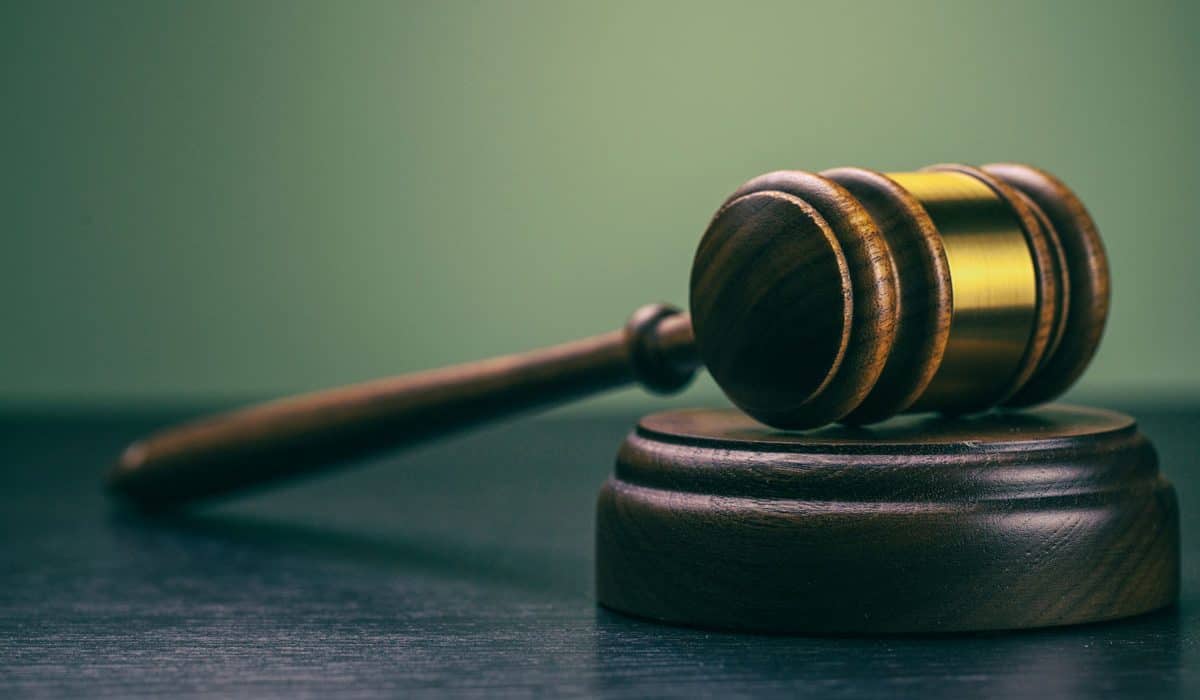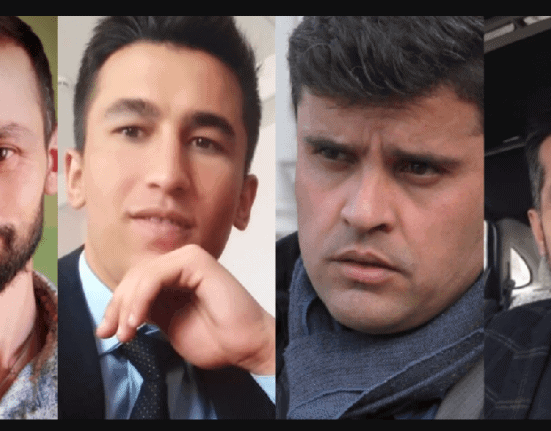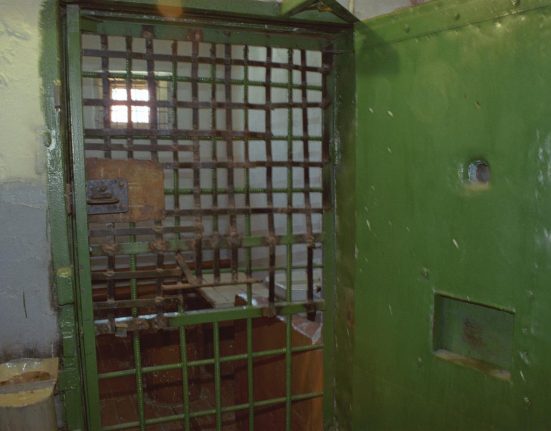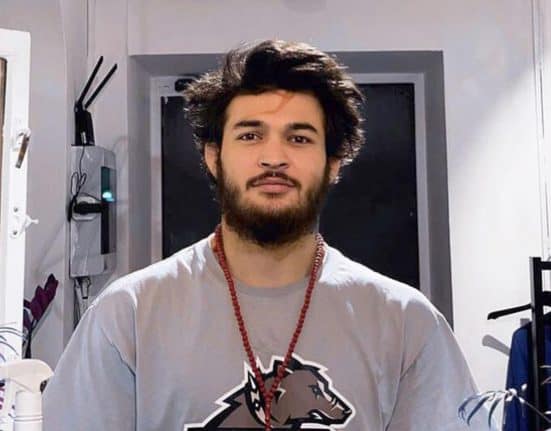In Tajikistan, the court ordered the Ministry of Internal Affairs to pay compensation for moral damage to Khasan Edgorov (a victim of police torture) in the amount of about $500. It was reported by the Coalition Against Torture.
On October 7, 2022, the capital court of Ismoili Somoni district partially satisfied the claim of Khasan Edgorov for the recovery of material and moral damages in connection with his illegal arrest and detention. According to the court decision, the Ministry of Internal Affairs of Tajikistan undertakes to pay compensation to the plaintiff for moral damage in the amount of 5,000 somoni (ACCA: it’s about $490). “In terms of recovering compensation for material damage, the claim was denied. The Ministry of Internal Affairs substantiated this by the fact that, under the law, the plaintiff must demand compensation for damage from the person who caused the harm. In his speech, the prosecutor supported the position of the Ministry of Internal Affairs and submitted to the court a conclusion on the refusal to satisfy this part of the claim,” the Coalition Against Torture reports.
The plaintiff and his lawyer, provided by the Coalition, considered the amount of compensation awarded to be disproportionate to the physical and moral damage caused to Khasan Edgorov as a result of his illegal detention, and announced their intention to file a cassation appeal.
In February of this year, the court of Ismoili Somoni district of the capital received a lawsuit from Khasan Edgorov, who demanded 400,000 somoni (ACCA: about $34,000 at that time) from the Ministry of Internal Affairs of Tajikistan as compensation for torture in the police station. On May 25, 2022, the plaintiff filed an additional claim for moral damage compensation in the amount of 5,949 somoni (ACCA: $580).
In 2017, three law enforcement officers tortured and beat Khasan Edgorov, a resident of the city of Tursunzoda, to confess to a crime he didn’t commit.
This sensational story began in November 2017, when the corpse of waiter Dmitry Karimov was found in a rented apartment in Tursunzoda. A month later, the Ministry of Internal Affairs released a video in which it announced the detection of the crime in hot pursuit. Khasan Edgorov, who, according to investigators, was suspected of committing the murder, told how he stabbed Karimov several times. The video claimed that Edgorov took the victim’s personal belongings with him after the murder.
However, after 8 months, which Edgorov spent in a pre-trial detention center, he was unexpectedly released from the isolation ward. The real killer of the waiter was detained. He was identified after selling the victim’s mobile phone. Suppressed by humiliation and torture, Edgorov told reporters after his release that he was glad to be released. “I have nothing to say. I have no complaints,” he added.
Even during the investigation into the case, Edgorov’s mother-in-law, Savriniso Eshova, stated that her son-in-law said during a meeting with his relatives that he took the blame for the crime under torture. However, neither the Prosecutor’s Office nor the court stood up for the rights of the arrested person, and he continued to sit in a pre-trial detention center, awaiting a trial.
After getting over the shock, Edgorov turned to the Coalition of Civil Society against Torture and Impunity in Tajikistan for legal assistance. He spoke about cruel treatment and torture by police officers of the Ministry of Internal Affairs in the city of Tursunzoda. According to lawyers defending the rights of Khasan Edgorov, an additional investigation showed that there were signs of torture on Edgorov’s body. One of the lawyers, speaking on condition of anonymity, told the media that the fact of using torture was confirmed by a forensic medical examination.
“He still has signs of torture on his body,” says Khasan’s mother, Sharofat Nazrikulova. “He is going to have an operation on his knees. Because of the torture, he has a bone arthrosis. In addition, after he was released, he had a heavy breathing. My son says that during the investigation he was often beaten on the head. He needs a serious treatment.”
On June 17 last year, the Supreme Court of Tajikistan sentenced to various long prison terms three police officers accused of torturing Khasan Edgorov, a resident of the city of Tursunzoda. Eraj Naimov (Senior investigator for especially important cases of the Criminal Investigation Department under the Ministry of Internal Affairs of Tajikistan) was sentenced to 10 years in prison. Sadi Davlatmurodzoda (Senior investigator of the Criminal Investigation Department under the Ministry of Internal Affairs of the city of Tursunzoda) was sentenced to 12 years in prison. Sherali Azizov (Senior detective of the village police department) was sentenced to 13 years in prison. As was confirmed during the investigation, police officers tortured and beat Khasan Edgorov to confess to a crime he didn’t commit.
In Tajikistan, torturing suspects and forcing them to confess is widespread. “Practically any suspect is humiliated, first morally and then physically: they conduct electric shocks, beat them on the head with books so that there are no bruises, hang them up at night from heating pipes, as a result of which the hands of the detainees failed by morning,” says one of the human rights activists. “Everyone knows about it – prosecutors, judges, and in the office of the Ombudsman. However, the authorities don’t take any effective measures to investigate such cases. The perpetrators are not brought to justice to the fullest extent of the law, and no compensation is provided for victims of torture and cruel treatment.”






